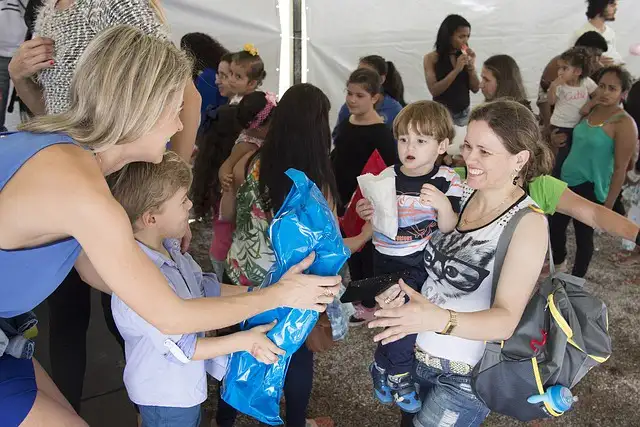
About local shelters and food banks
Local shelters and food banks are vital community resources that provide assistance to individuals and families in need. They offer temporary housing, meals, and support services to individuals experiencing homelessness or facing other challenging circumstances. Food banks collect and distribute food to those who are food-insecure or struggling to afford nutritious meals.
- Homeless Shelters
- Food Banks
- Volunteer Opportunities
- Donations
- Community Partnerships
Here are some key points about local shelters and food banks:
- Homeless Shelters: Local shelters provide temporary accommodation for individuals or families experiencing homelessness. They offer a safe and secure environment, beds or sleeping arrangements, meals, and support services such as counseling, job training, and healthcare referrals. Shelters may cater to specific populations, such as women and children, veterans, or individuals with specific needs.
- Food Banks: Food banks are community-based organizations that collect, store, and distribute food to individuals and families in need. They work with local food retailers, farmers, and donors to obtain food donations. Food banks play a crucial role in fighting food insecurity and ensuring that nutritious food reaches those who may not have regular access to it. They often partner with local community organizations to distribute food through pantries, soup kitchens, or mobile distribution programs.
- Volunteer Opportunities: Local shelters and food banks heavily rely on volunteers to support their operations. Volunteers can assist with tasks such as preparing and serving meals, sorting and organizing donated food items, conducting food drives, or providing administrative support. Volunteering at local shelters and food banks not only helps address immediate needs but also provides an opportunity to connect with the community and make a meaningful impact.
- Donations: Local shelters and food banks greatly appreciate donations of food, clothing, personal hygiene items, and monetary contributions. Many have specific guidelines on acceptable items, so it’s best to check with the organization or refer to their websites for donation suggestions and instructions.
- Community Partnerships: Local shelters and food banks often collaborate with other community organizations, businesses, and government agencies to maximize their impact. These partnerships can include fundraising efforts, sponsorships, volunteer initiatives, and educational programs on topics such as poverty, homelessness, and food security.
If you are interested in getting involved with your local shelter or food bank, I recommend reaching out to them directly to inquire about volunteer opportunities, donation needs, and any specific initiatives they may have. Your support can make a significant difference in the lives of individuals and families facing challenging circumstances in your community.


